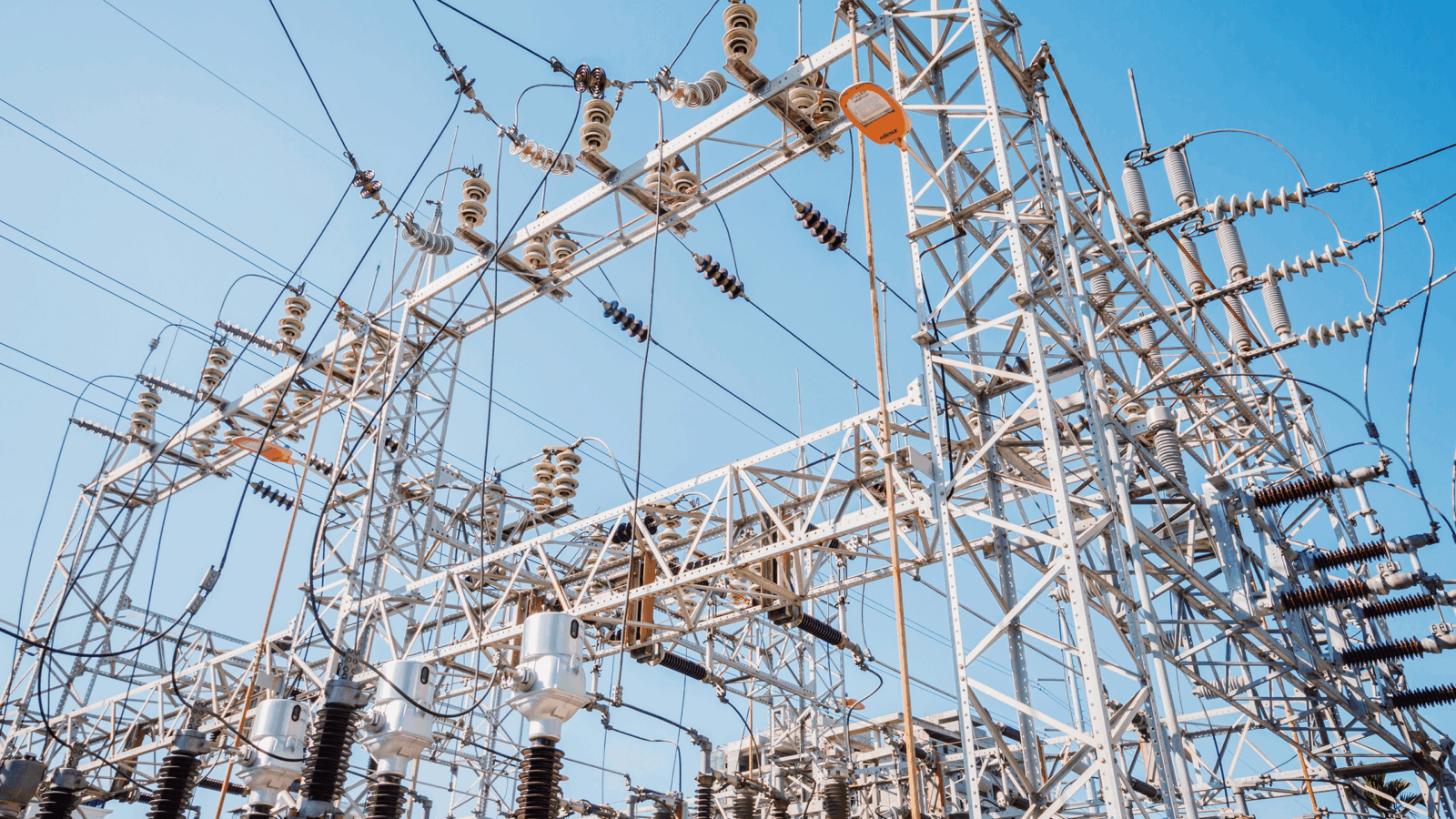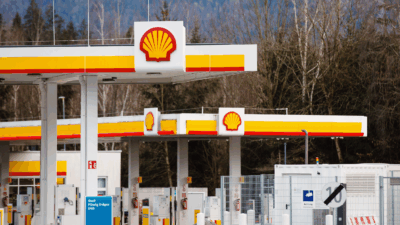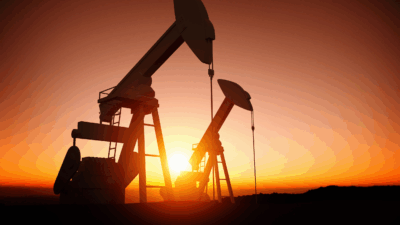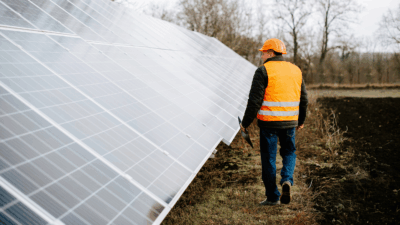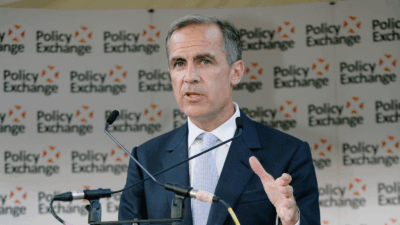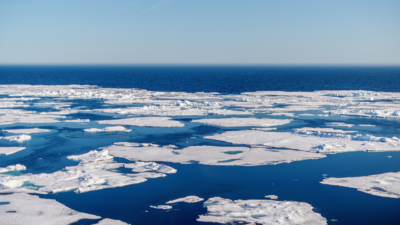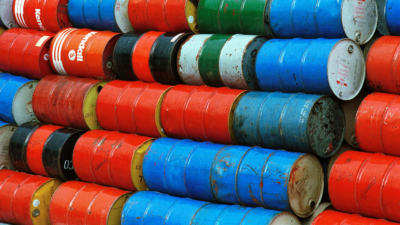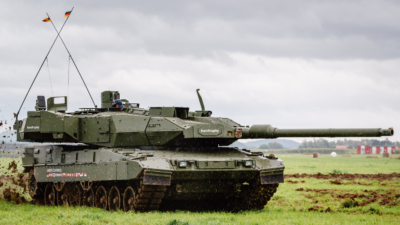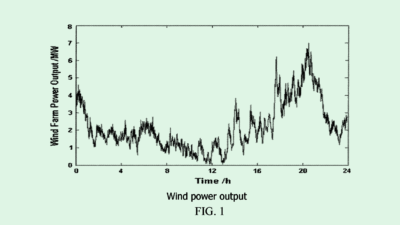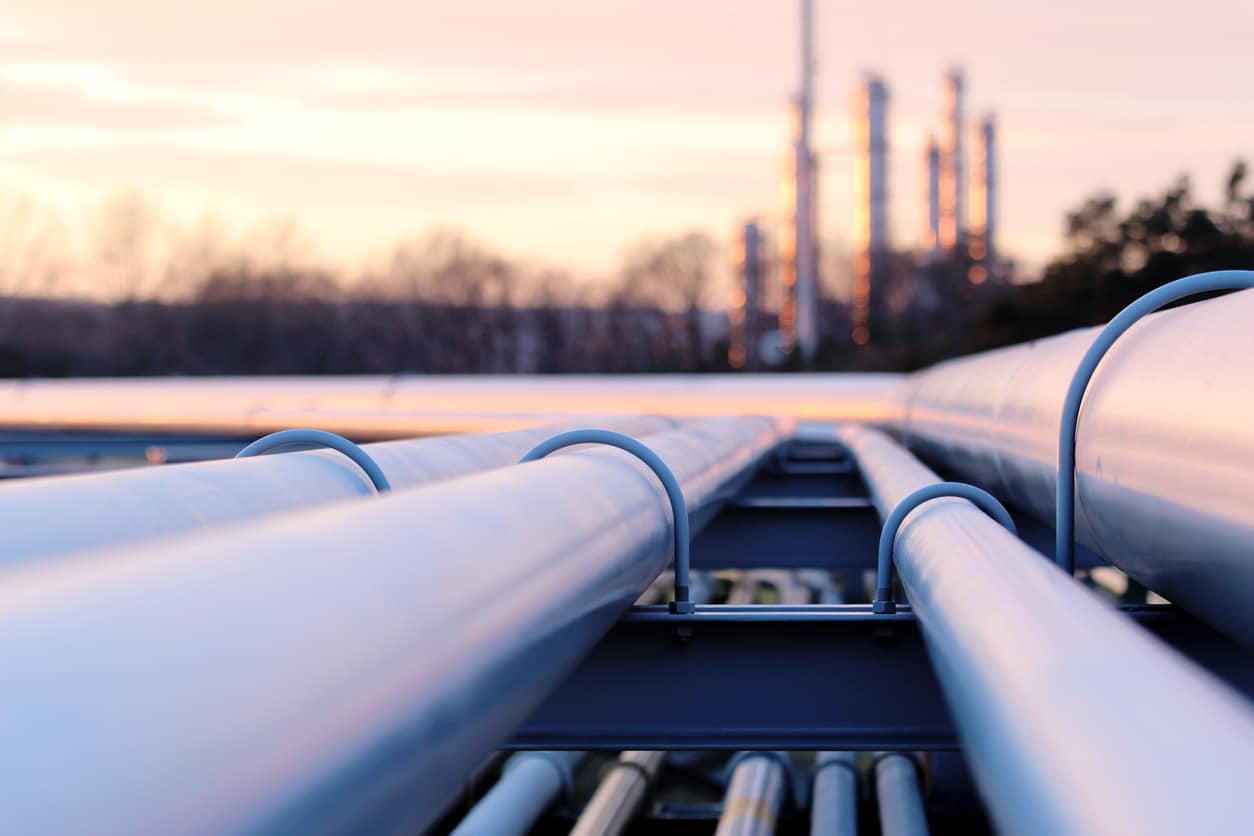
Sign up for smart news, insights, and analysis on the biggest financial stories of the day.
They’re two of the world’s largest countries by land area, with harsh winter landscapes bordered by three oceans. They’re rich in oil, potash, uranium, and nickel. But only one has the delicious comfort food poutine, while the other is stuck with Vladimir Poutine (as his name is spelled in French, Québécois or otherwise).
Canada, the US’ resource-rich neighbor, has turned into a favorite destination for countries and companies around the world looking to replace Russian resources.
Bringing Home the Canadian Bacon
Russia’s sanction pains have turned into maple leaf gains in a matter of weeks due to the two countries’ strikingly similar commodity baskets. Before invading Ukraine, Russia provided about 10% of the global oil supply. Canada has the fourth-largest oil reserves in the world. Roughly 30% of the global potash supply has been removed from markets because Russian and Belarus producers can’t export. Canada has the world’s largest potash reserves, at 1.1 billion tonnes.
The demand flowing in for Canadian resources has sent the S&P/TSX Index, Canada’s benchmark, up 3.5% this year, while the S&P 500 has struggled against a backdrop of war and inflation, falling 4.6%. Canadian producers are rushing to get supplies out as fast as a sprinting moose (they’re frighteningly quick):
- Nutrien, the world’s largest corporate potash producer, is increasing production by 10% to 15 million metric tons in 2022 — its share price is up 38% this year. Canada’s largest uranium producer, Cameco, plans to ramp up production at its mines by 10 million pounds by 2024 — its share price is up 17% this year.
- Last week, the federal government said Canadian oil producers — including Natural Resources, Suncor, Cenovus, and Exxon affiliate Imperial — will raise production and boost exports by 300,000 barrels a day to help nations trying to wean themselves off Russian supply. Alberta, Canada’s main oil-producing province that relies on industry revenues, expects a budget surplus for the first time in eight years.
Cash for Gas: “You have an economy that’s basically at full employment … and you have the backing of the commodity-based economy, so you’ll have cash flows coming in,” Earl Davis, the head of fixed income at the Bank of Montreal, told the Financial Post.
